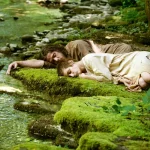Mansfield Park (1999)
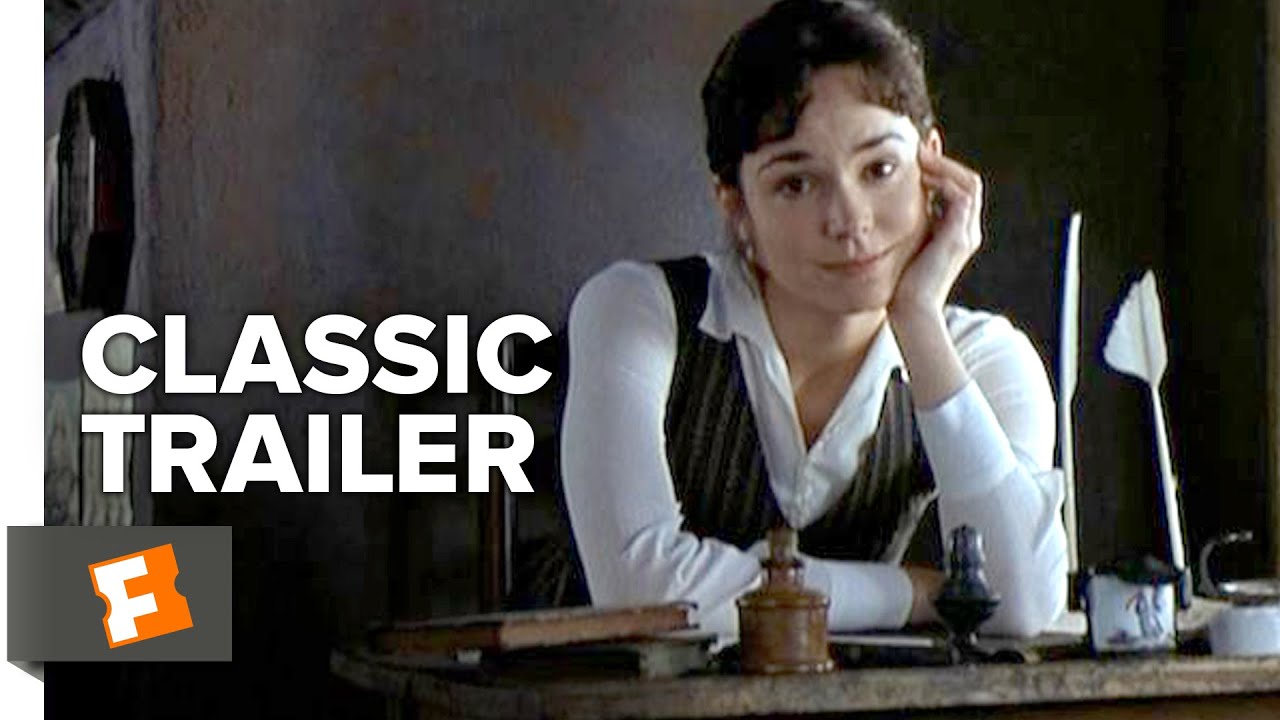
Mansfield Park (1999) is a British romantic comedy-drama film directed by Patricia Rozema, based on the 1814 novel by Jane Austen. The film stars Frances O’Connor as Fanny Price, the heroine of the story, and features a strong supporting cast including Jonny Lee Miller, Alessandro Nivola, and Harold Pinter. While the film stays true to the general themes of the novel, it takes creative liberties, modernizing certain aspects and adding new dimensions to the characters, creating a version of the story that is both fresh and engaging.
The plot of Mansfield Park follows Fanny Price, a poor young woman sent to live with her wealthy relatives at Mansfield Park. As she grows up, Fanny becomes increasingly aware of the differences in social status and moral values between herself and her relatives, particularly the flirtatious and self-absorbed Edmund Bertram (Jonny Lee Miller), whom she secretly loves. The film portrays Fanny’s moral integrity and her struggle to assert her voice in a world dominated by social expectations, making it a story of personal growth and romantic tension.
One of the notable changes in this adaptation is the way the film portrays the social and political context of the time. While Jane Austen’s novel subtly critiques the social structures of 19th-century England, Patricia Rozema’s film adds a more direct exploration of the moral and political issues surrounding slavery and class inequality. This is most evident in the character of Sir Thomas Bertram (Harold Pinter), whose wealth is indirectly tied to the slave trade. The film introduces these themes in a way that adds depth to the characters and the story, enhancing the social commentary without overshadowing the romance at the heart of the plot.
The performances in Mansfield Park are one of its strongest elements. Frances O’Connor shines as Fanny Price, capturing the character’s quiet strength and intelligence. O’Connor brings a modern sensibility to Fanny, making her more independent and assertive compared to the more demure character in the novel. Jonny Lee Miller’s portrayal of Edmund Bertram is also compelling, as he transitions from being a well-meaning but naïve man to someone who grapples with his own moral dilemmas. The supporting cast, including Alessandro Nivola as the charming Henry Crawford, provides additional layers of intrigue and complexity to the story.
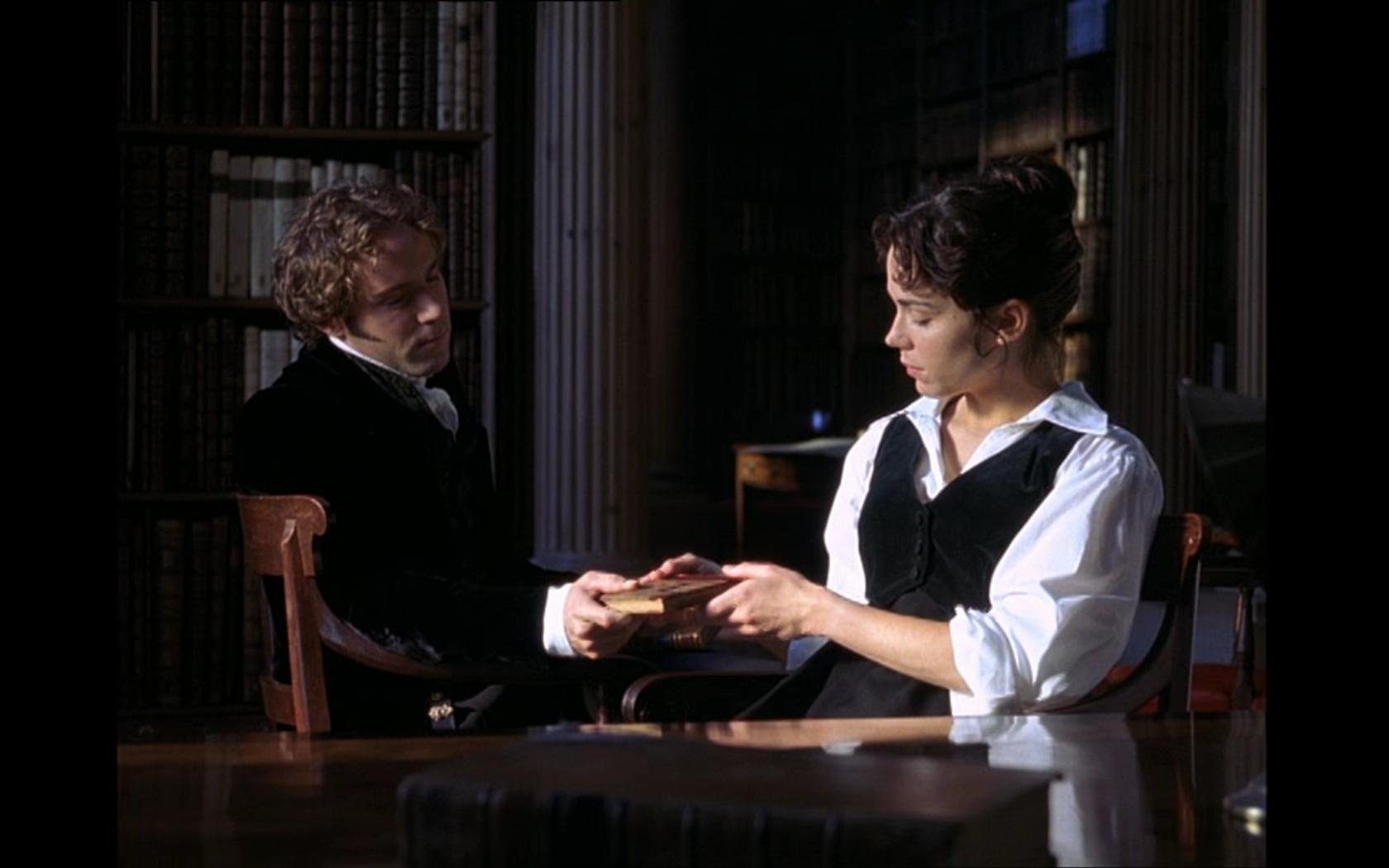
Patricia Rozema’s direction is innovative and visually striking. She uses the lush landscapes and period costumes to create a vivid representation of Regency-era England, but she also introduces modern storytelling techniques, such as breaking the fourth wall and having characters speak directly to the audience. This choice helps to give the film a contemporary feel while still respecting its historical setting. The pacing of the film is brisk, and Rozema’s use of music and montage adds an emotional depth that keeps the audience engaged throughout.
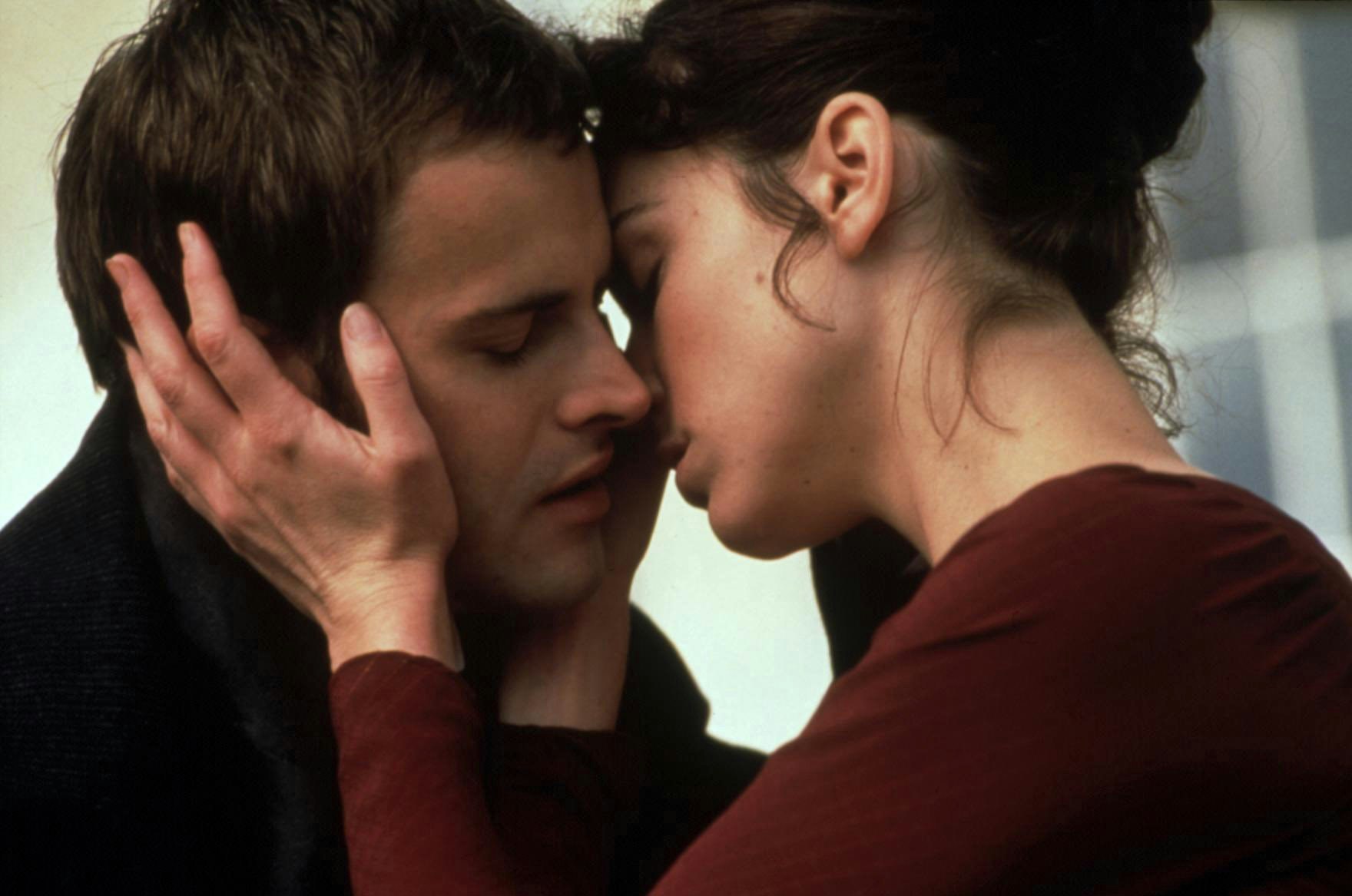
While the film succeeds in many areas, its divergence from the original novel may not appeal to all Jane Austen purists. The addition of more overtly feminist themes, as well as the modification of some character relationships, may feel jarring to those who are accustomed to the more restrained and subtle narrative style of Austen’s work. However, for viewers willing to embrace a more modern interpretation, Mansfield Park offers a refreshing take on a beloved classic.
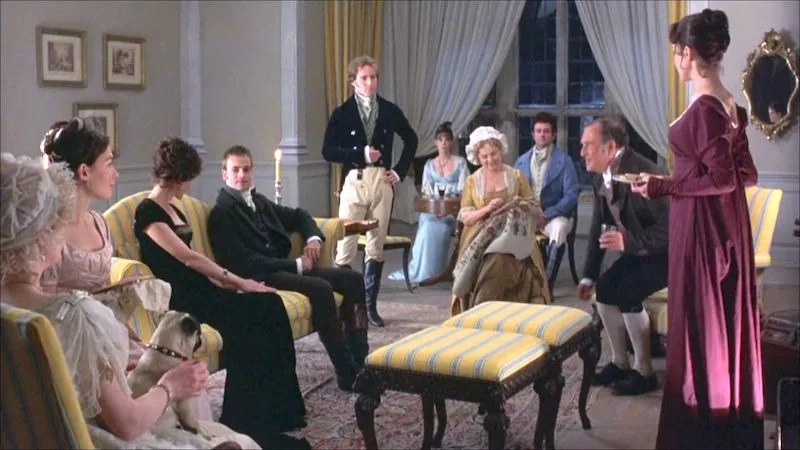
In conclusion, Mansfield Park (1999) is a visually beautiful and thought-provoking adaptation of Jane Austen’s novel. While it strays from the source material in some key areas, it successfully captures the spirit of the story and infuses it with contemporary themes that resonate with modern audiences. With strong performances, innovative direction, and a compelling narrative, the film stands as a unique and engaging interpretation of Austen’s work, offering both new and old fans a chance to rediscover the timeless story of love, class, and moral integrity.






